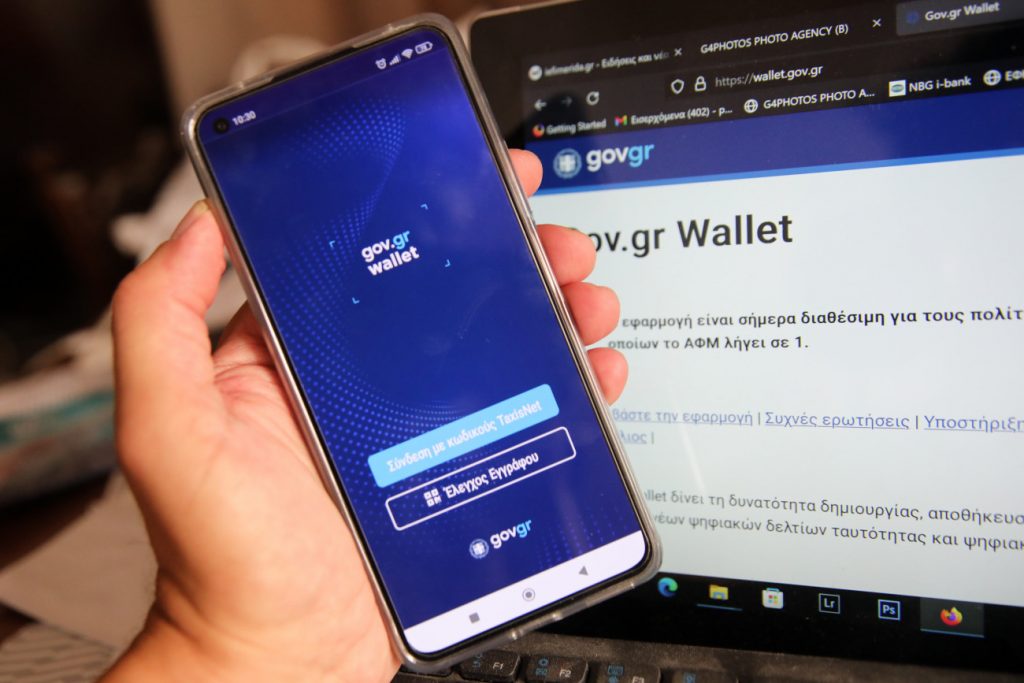Greece has introduced a mandatory personal number on its IDs in an effort to modernize how Greek ID holders interact with public services and to provide an additional layer of protection for their personal data.
The personal number is a 12-digit alphanumeric code unique to each citizen, which is printed on the back of the new digital ID card and stored in an embedded chip. The personal number replaces older identifiers like the Tax ID (AFM) and Social Security (AMKA) numbers. Unlike these previous numbers, it is not linked to biometric data and is designed with privacy and encryption in mind.
The personal number is now required for all newly issued IDs, while older IDs will include it upon renewal. Existing IDs remain valid until their expiration.
This update streamlines communication with public authorities, eliminating the need for multiple documents and reducing data leaks. Citizens can obtain the number online if they already have the new 10-year card, while new applicants will need to secure it before visiting a police station.
Greece says its move toward secure digital identification marks a significant leap forward in e-governance—enhancing safety, efficiency, and trust in state services.




